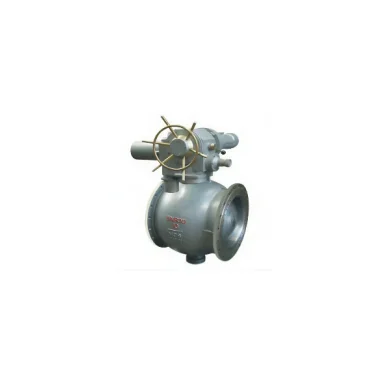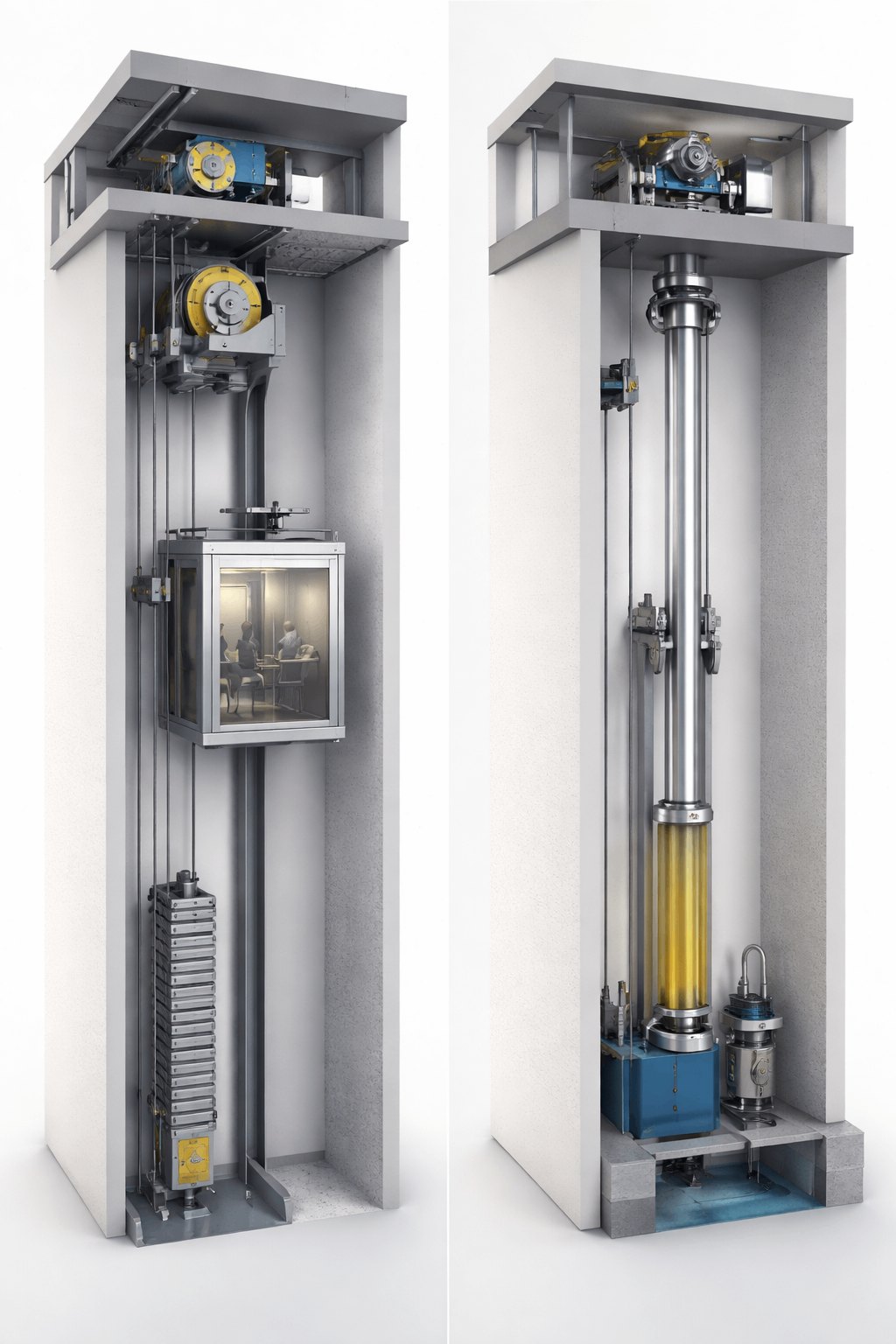Soaring High: An In-depth Analysis of Airplane Mechanics' Hourly Earnings
In the world of aviation, airplane mechanics play a pivotal role in ensuring the safety and efficiency of air travel. Their expertise is critical in maintaining, repairing, and inspecting aircraft to meet industry standards and regulations. But, how much do airplane mechanics make an hour? This question is often asked by those considering a career in this field. In this article, we will delve into the various factors that influence the hourly wage of airplane mechanics.
According to the U.S. Bureau of Labor Statistics (BLS), the median pay for aircraft mechanics and service technicians was $31.36 per hour in May 2020. However, this figure can significantly vary depending on several factors, including experience, certification, location, and the specific sector within the aviation industry.
Experience is a significant determinant of an airplane mechanic's hourly wage. Entry-level mechanics can expect to earn less than their experienced counterparts. As they gain more experience and expertise, their earning potential increases. For instance, a mechanic with over ten years of experience can earn up to $36 per hour.
Certification also plays a crucial role in determining an airplane mechanic's wage. Mechanics who have obtained certification from the Federal Aviation Administration (FAA) are likely to earn more than those without. The FAA offers different types of certifications, such as the Airframe and Powerplant (A&P) certificate, which can significantly boost a mechanic's earning potential.
Geographical location is another factor that can influence an airplane mechanic's hourly wage. Mechanics working in metropolitan areas with a high cost of living, such as New York or Los Angeles, tend to earn more than those working in rural areas.
The specific sector within the aviation industry also impacts the hourly wage of airplane mechanics. Those working for major airlines often earn more than those working for small private or regional companies. Similarly, mechanics working in the military or government sectors may have different pay scales.
It's also worth noting that the aviation industry is continually evolving, with new technologies and regulations. Therefore, mechanics who keep up-to-date with these changes and continually enhance their skills and knowledge can expect to see a positive impact on their earnings.
In conclusion, while the BLS provides a median hourly wage for airplane mechanics, it's essential to consider the various factors that can influence this figure. Whether it's gaining more experience, obtaining FAA certification, choosing to work in a specific location, or working in a particular sector, these factors can significantly impact an airplane mechanic's hourly wage.
Remember, a career as an airplane mechanic is not just about the potential earnings. It's about ensuring the safety of thousands of passengers who rely on air travel every day. It's about the satisfaction that comes from solving complex problems and the opportunity to work with cutting-edge technology. So, if you're considering a career in this field, weigh all these factors carefully.


